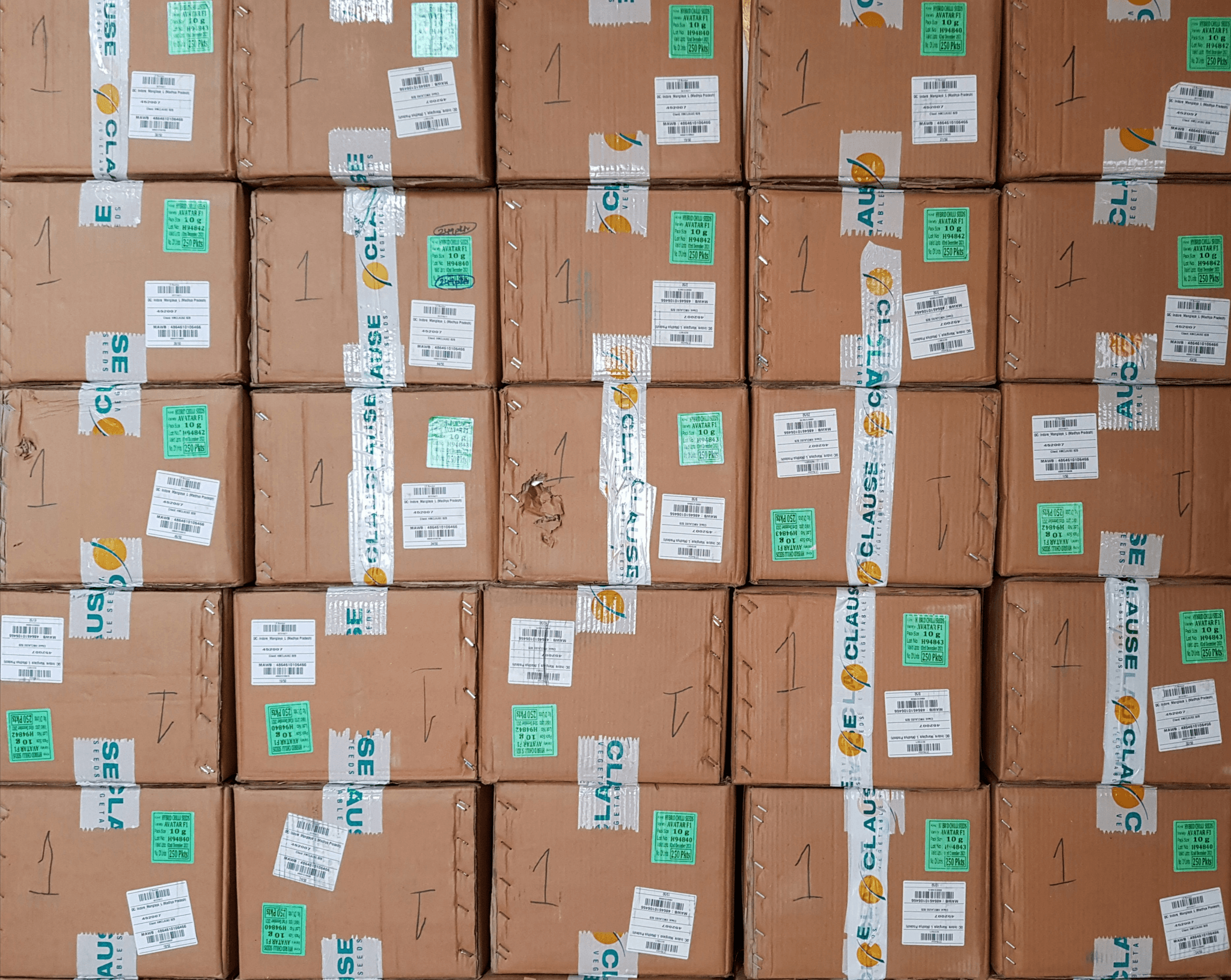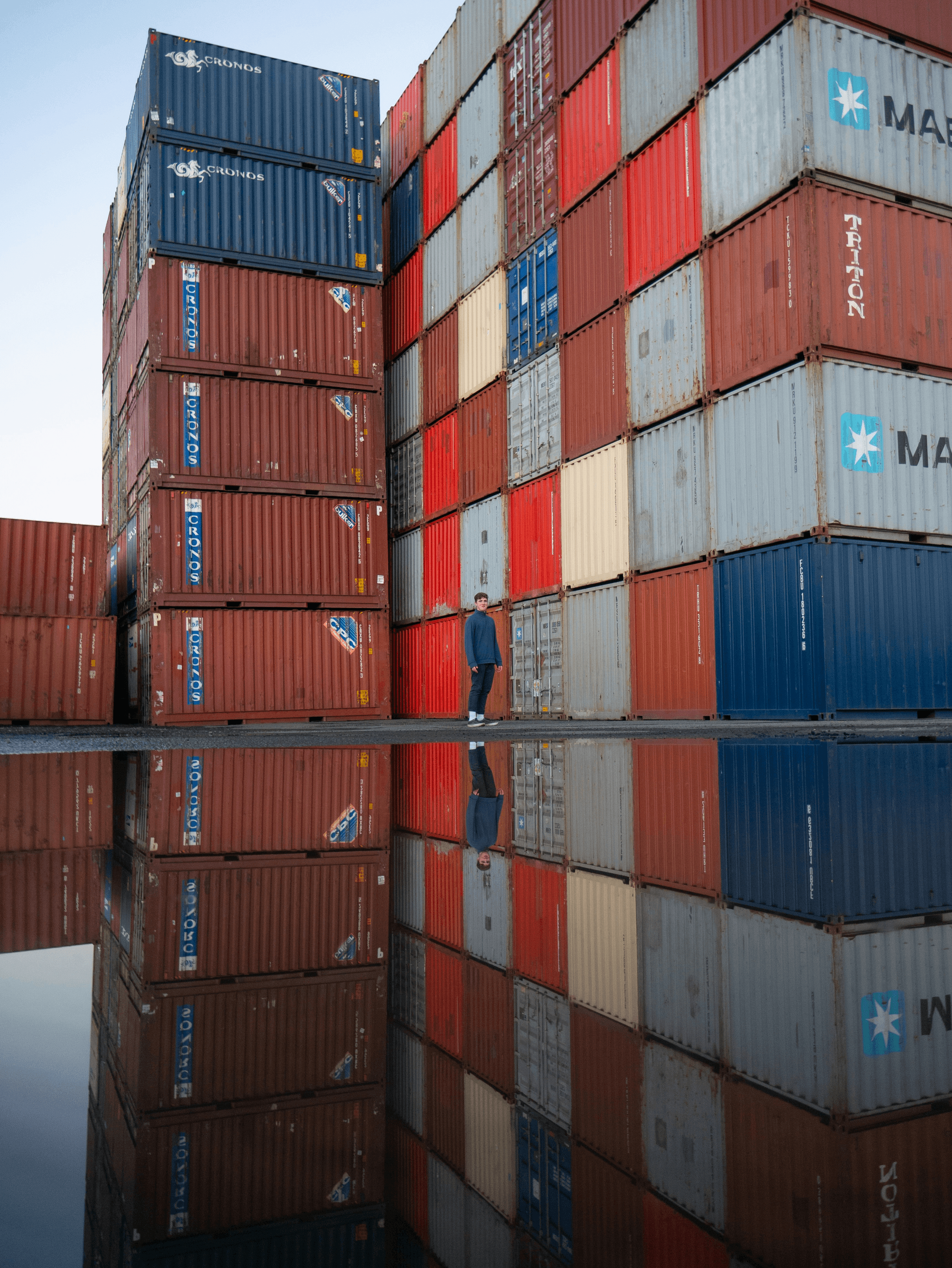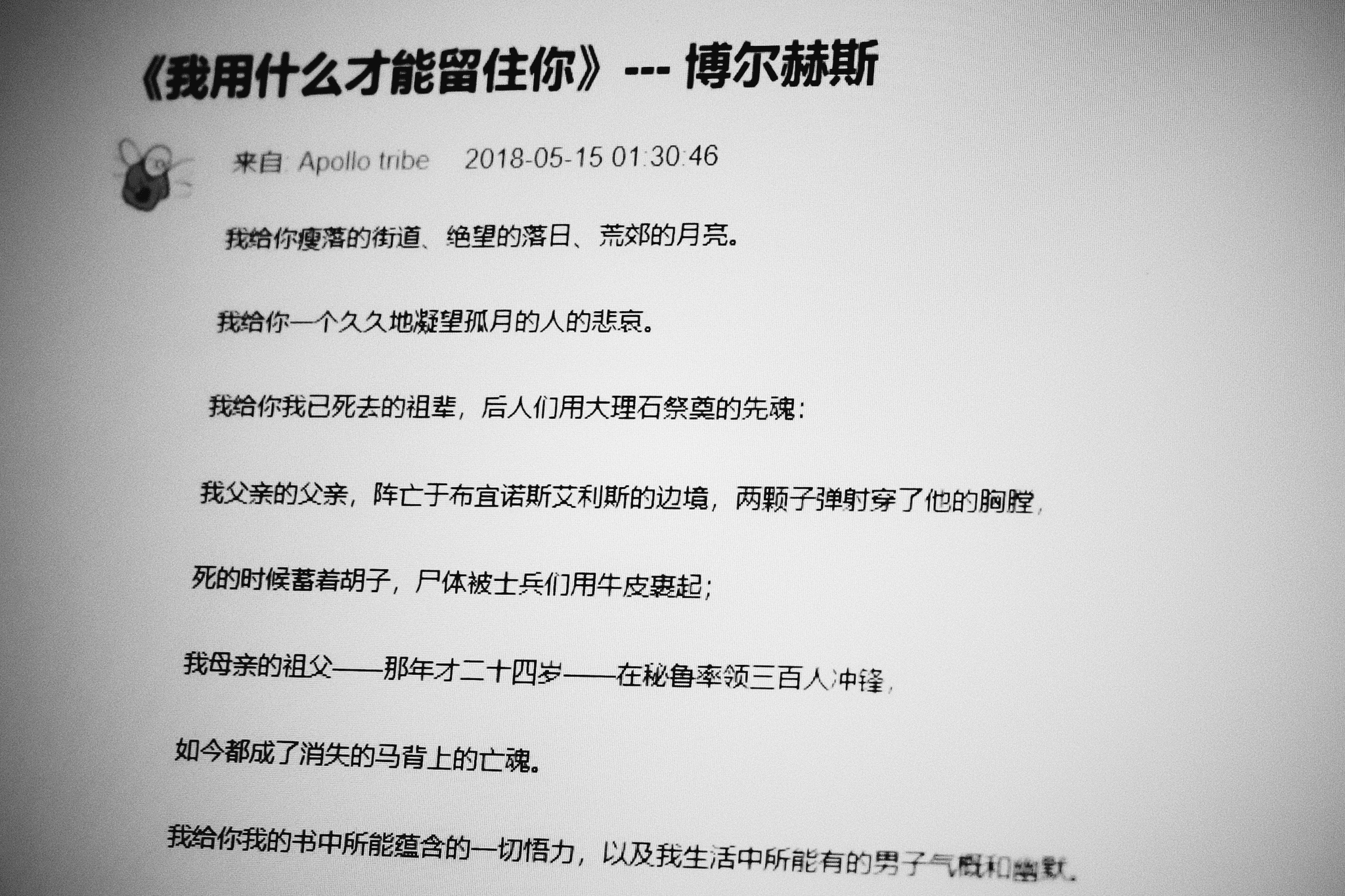Introduction
In the complex world of shipping, understanding the importance of insurance can be a game-changer for consignors. Insurance serves as a safety net, protecting against potential losses that can arise during transit. Without it, the question looms large: Can consignors seek compensation for lost containers without insurance?
Understanding the Importance of Insurance
For consignors, insurance is not just an added expense; it's a crucial element in managing shipping risks. It provides peace of mind, knowing that if something goes awry—like a shipment going missing—they have recourse to recover losses. The reality is that freight claims can be complicated, and without proper coverage, navigating these claims becomes even more challenging.
The Role of Consignors in Shipping
Consignors play a vital role in the shipping process by initiating and overseeing the transportation of goods from one point to another. They are responsible for ensuring that shipments are properly documented and comply with all regulations. When issues arise—such as lost containers—their understanding of how to resolve international trade disputes becomes essential for mitigating losses.
What Happens When Containers Go Missing
When containers go missing, it triggers a series of events that can leave consignors feeling frustrated and helpless. The first step is often filing a freight claim, but what happens if you don't have insurance? In such cases, exploring alternative avenues becomes critical; understanding how to handle export disputes in China or leveraging existing shipping contracts may provide some relief from potential financial fallout.
Defining a Freight Claim

When it comes to shipping goods, understanding the ins and outs of freight claims is essential for any consignor. A freight claim is essentially a formal request for compensation due to loss, damage, or delay of goods during transit. This process can be particularly crucial when containers go missing—leading many to wonder, Can consignors seek compensation for lost containers without insurance?
How Freight Claims Work
Freight claims are the backbone of accountability in international shipping. When a container goes missing or is damaged, the consignor must file a claim with the carrier responsible for transporting the goods. This process usually involves gathering evidence such as receipts, shipping documents, and any correspondence related to the shipment—essentially everything that can support your case.
The timeline for resolving claims can vary greatly depending on the carrier's policies and the nature of the dispute. Some companies may resolve claims quickly, while others could drag their feet, leaving consignors in limbo. Understanding how these claims work not only helps you navigate potential disputes but also prepares you for what lies ahead.
Key Terms Every Consignor Should Know
Navigating freight claims requires familiarity with specific terminology that can feel like learning a new language altogether! Terms like bill of lading, carrier liability, and subrogation are just a few examples that every consignor should master. Knowing these key terms will empower you as you engage with shipping companies and legal experts alike.
Moreover, understanding concepts such as “actual cash value” versus “replacement cost” can make or break your claim's success rate. Keep an eye out for terminology related to international trade disputes as well; knowing how various laws apply globally will bolster your position if things go south during transit.
What to Include in Your Claim
A well-crafted claim can mean the difference between receiving compensation and getting nothing at all! Start by including all relevant documentation: proof of value (like invoices), evidence of damage (photos), and any communication with the carrier regarding your shipment status. The more detailed your submission is, the stronger your case will be when it comes time to resolve international trade disputes.
Additionally, don’t forget to articulate clearly what you’re seeking—whether it’s reimbursement or replacement products—and provide timelines if applicable. If you're dealing with lost containers specifically, explaining how this affects your business could also help sway decisions in your favor.
Options for Consignors Without Insurance

Navigating the murky waters of lost containers can feel akin to sailing through a storm without a life jacket, especially for consignors without insurance. However, there are still options available that may help recover losses or at least mitigate the situation. This section explores various avenues consignors can take when faced with the unfortunate reality of missing cargo.
Exploring Legal Avenues
Can consignors seek compensation for lost containers without insurance? The short answer is yes, but it's not as straightforward as filing a freight claim and waiting for a check to arrive. Legal avenues may involve pursuing claims under applicable laws, such as the Carriage of Goods by Sea Act (COGSA) or other relevant regulations depending on the shipping route and terms of service.
Moreover, understanding your rights as a consignor is crucial in these situations; many jurisdictions allow claims against carriers even if you lack insurance coverage. Engaging in legal proceedings can be complex and time-consuming, but it might offer a viable path toward recovering losses from missing shipments.
How to Leverage Shipping Contracts
Shipping contracts are often filled with fine print that can be both a blessing and a curse for consignors who find themselves in disputes over lost containers. When navigating how to resolve international trade disputes, it’s essential to closely examine the terms outlined in your shipping agreements. Many contracts contain clauses that specify liability limitations and procedures for filing claims—this could provide you with leverage even when insurance isn't an option.
Additionally, some contracts may include provisions that allow you to negotiate compensation directly with the carrier or third-party logistics providers involved in your shipment's journey. By understanding these contractual obligations and rights, you could potentially turn what seems like an insurmountable challenge into an opportunity for recovery.
Seeking Help from Legal Experts
When faced with the daunting prospect of handling lost container issues alone, seeking help from legal experts can make all the difference in successfully navigating this turbulent terrain. Legal professionals specializing in international trade law have experience dealing with case studies of international trade disputes and can guide you through complex processes effectively. They will not only help clarify whether you have grounds to pursue compensation but also assist in drafting necessary documentation and representing your interests if litigation becomes necessary.
Furthermore, consulting experts familiar with how to handle export disputes in China or other specific markets can provide tailored strategies suited to your situation—especially important given varying regulations across borders. Investing time and resources into legal counsel could ultimately save you from costly mistakes down the line while increasing your chances of successfully resolving issues related to lost containers.
How to Resolve International Trade Disputes

Navigating the murky waters of international trade disputes can feel like trying to find a needle in a haystack, especially when it comes to lost containers. For consignors, understanding the steps to take after a container loss is crucial for recovering losses and minimizing headaches. This section will shed light on practical actions you can take, the importance of meticulous documentation, and how AC&E can be your guiding star through this turbulent sea.
Steps to Take After a Container Loss
When you discover that your container has gone missing, the first step is not to panic but rather to act swiftly and decisively. Contact your shipping carrier immediately; they are often your best bet for locating the lost cargo or at least starting an investigation into what went wrong. Next, gather all pertinent information related to the shipment—think bills of lading, tracking numbers, and correspondence with suppliers—to bolster your case if you decide to file a freight claim later on.
If you're wondering whether consignors can seek compensation for lost containers without insurance, know that there are still options available. While insurance typically provides peace of mind in these situations, legal avenues exist that may allow you to recover some losses through contractual obligations or liability claims against carriers. Documenting every step taken will be vital as you navigate this process; thorough records will support any claims you pursue.
The Importance of Documentation
Documentation serves as your best friend when facing international trade disputes—especially when dealing with lost containers. Every piece of paperwork associated with your shipment should be meticulously organized and readily accessible; this includes invoices, packing lists, and communication logs with carriers or freight forwarders. Inadequate documentation could weaken your position significantly if you decide to file a freight claim or pursue legal action.
Moreover, well-maintained documentation helps establish timelines and accountability among all parties involved in shipping processes—this becomes particularly important in complex cases involving multiple jurisdictions or regulatory environments like those found in China’s export landscape. If you're looking into how to resolve international trade disputes effectively, remember: clear records can make all the difference between a successful resolution and an uphill battle fraught with confusion.
Involving AC&E for Legal Guidance
When it comes time for serious action regarding lost containers or navigating complex international trade laws, involving legal experts like AC&E is essential for ensuring that you're on solid ground legally speaking. Their expertise will provide invaluable insights into how best to approach filing claims or negotiating settlements based on their extensive experience with case studies of international trade disputes similar to yours. They can also help clarify whether consignors can seek compensation for lost containers without insurance by reviewing shipping contracts thoroughly.
Legal guidance becomes particularly crucial when dealing with unique challenges posed by specific markets such as China’s intricate export regulations—understanding these nuances could save you both time and money down the line! Engaging AC&E not only equips you with knowledge but also grants peace of mind knowing you've got seasoned professionals advocating on your behalf during what could otherwise be an overwhelming process.
Case Studies of International Trade Disputes

When it comes to the world of international shipping, lost containers can create chaos for consignors. A freight claim is often the first step in seeking compensation, but what happens when insurance isn't an option? Let’s delve into real-life examples and see how consignors have navigated these tricky waters.
Real-Life Examples of Lost Containers
One notable case involved a shipment of electronics that went missing en route from Japan to the United States. Despite rigorous tracking, the container disappeared from the shipping manifest, leaving the consignor in limbo. In another instance, a textile company faced severe delays and losses when their cargo vanished in transit across Europe, prompting them to ask: Can Consignors Seek Compensation for Lost Containers without Insurance?
These cases highlight not only the unpredictability of global shipping but also how crucial it is for consignors to understand their rights and options when facing such dilemmas. When containers are lost, it’s not just about financial loss; reputations can hang in the balance as well. The emotional toll on businesses grappling with these situations underscores why effective strategies for addressing lost shipments are essential.
Lessons Learned from Various Cases
From these real-life scenarios, several key lessons emerge about how to resolve international trade disputes effectively. First and foremost, thorough documentation is vital; maintaining meticulous records can make or break a freight claim process. Companies that invested time in keeping detailed logs were often better positioned to argue their cases when things went awry.
Another lesson is that understanding shipping contracts can significantly bolster a consignor's position during disputes. Many consignors overlook clauses that might protect them or provide avenues for compensation even without insurance coverage. Lastly, engaging legal experts early on proved beneficial for those who faced complex issues related to lost containers.
How Successful Claims Were Made
Successful claims often hinged on two main factors: proactive communication and robust legal backing. Consignors who promptly reported losses and maintained open lines with shipping companies found themselves navigating disputes more smoothly than those who delayed action. Additionally, having access to legal resources helped many businesses craft compelling arguments around their freight claims.
In some cases involving exports from China, understanding local regulations played a critical role in resolving disputes swiftly—demonstrating that knowledge truly is power when it comes to international trade practices. By leveraging insights gained from previous case studies of international trade disputes, many were able not only to recover losses but also prevent future mishaps through improved logistics planning.
How to Handle Export Disputes in China

Navigating export disputes in China can feel like trying to solve a Rubik's Cube blindfolded. With a unique blend of regulations and business practices, understanding how to handle these challenges is crucial for consignors. Let's break down the complexities of Chinese trade regulations and the legal landscape so you can confidently tackle any issues that arise.
Understanding Chinese Trade Regulations
Chinese trade regulations are extensive and can be daunting, especially for those unfamiliar with them. These rules dictate everything from import tariffs to export restrictions, making it essential for consignors to stay informed about the latest changes. If you're asking yourself, Can Consignors Seek Compensation for Lost Containers without Insurance?, understanding these regulations is your first step toward resolving potential disputes effectively.
Furthermore, compliance with local laws not only helps avoid penalties but also enhances your credibility as a reliable business partner in China. Familiarizing yourself with customs procedures and documentation requirements will save you time and money in the long run. Ultimately, knowledge is power when it comes to navigating these intricate waters.
Navigating the Legal Landscape in China
When it comes to resolving international trade disputes in China, knowing how to navigate the legal landscape is pivotal. The Chinese legal system operates differently from many Western systems; thus, understanding local practices can make or break your case. For instance, mediation is often preferred over litigation due to its efficiency and lower costs—an important consideration when filing a freight claim.
In addition, be aware of common pitfalls such as jurisdiction issues or improper documentation that could hinder your ability to seek compensation for lost containers without insurance. Engaging local legal experts who understand both international trade law and Chinese regulations can provide invaluable insights into how best to approach your situation. They can guide you through complex negotiations and help ensure that your interests are protected.
When to Consult with AC&E
Knowing when to consult with AC&E—or any specialized legal expert—can save you both time and headaches down the road. If you're facing difficulties related to lost containers or need assistance navigating the intricate web of Chinese trade laws, don't hesitate to reach out for professional guidance. Their expertise will empower you with actionable strategies on how to resolve international trade disputes effectively.
Moreover, AC&E can assist you in preparing strong documentation that supports your freight claim while ensuring compliance with all relevant laws and regulations specific to China’s market environment. This proactive approach not only increases your chances of success but also helps establish robust relationships with local partners—an essential component of thriving in international commerce.
In summary, handling export disputes in China involves understanding regulatory frameworks, navigating complex legal landscapes, and knowing when expert help is necessary—especially if you're wondering about options like whether consignors can seek compensation for lost containers without insurance.
Conclusion

In conclusion, the complexities of international shipping can be daunting for consignors, especially when faced with the unfortunate reality of lost containers. Understanding how to navigate these challenges is crucial, particularly when it comes to filing a freight claim or seeking compensation without insurance. By grasping key concepts and knowing your rights, you can better prepare for unforeseen circumstances in your shipping endeavors.
Key Takeaways for Consignors
First and foremost, it's essential to recognize that consignors can seek compensation for lost containers even without insurance, although it may require navigating legal avenues. Familiarizing yourself with the freight claim process and understanding what documentation is necessary will significantly enhance your chances of a successful outcome. Additionally, case studies of international trade disputes provide invaluable insights into strategies that have worked for others in similar situations.
The Importance of Legal Support
Legal support is paramount when dealing with the intricacies of shipping disputes and claims. Whether you're exploring how to resolve international trade disputes or tackling specific challenges like how to handle export disputes in China, having an experienced legal team can make all the difference. They can guide you through each step, ensuring that you don't miss critical details that could impact your ability to secure compensation.
Future Steps in Managing Shipping Risks
To effectively manage shipping risks moving forward, consider implementing robust risk management strategies tailored to your business needs. Regularly reviewing contracts and understanding their implications will empower you as a consignor while minimizing potential losses from future incidents. Lastly, staying informed about changes in regulations—both locally and internationally—will help you anticipate challenges before they arise.
